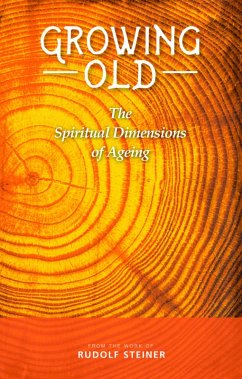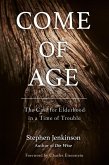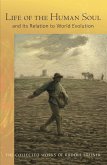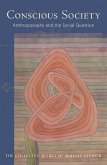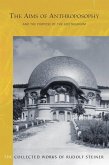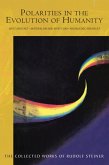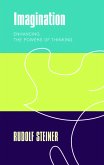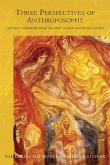When are we actually old? What happens as we age? How will we cope with old age? Growing old is an art, and to grow old in the right way we need spiritual understanding. In this enlightening anthology - compiled by a director of care homes for the elderly - wide-ranging cosmological perspectives alternate with detailed observations of the phenomena of ageing. Rudolf Steiner sees ageing within the context of the earthly and spiritual evolution that encompasses all forms of existence. The book thus begins with the primary meaning that ageing has in developmental terms and ends with a consideration of the human being as co-creator in cosmic processes - and with our capacity to become increasingly conscious of the tasks this implies.
These key texts by Rudolf Steiner show how spiritual knowledge can broaden the current debate on the study of old age, the process of ageing, and the particular problems faced by older people. Concerns about our 'ageing population' can be seen in a broader context that recognizes the fruits of old age. The productive relationship between childhood and old age - a running theme throughout this volume - is one example. If we grow old consciously, viewing ageing not only as a period of physical decline but as a time when we can actively participate in shaping life, then we can begin to find greater meaning in it.
Chapters include: 'The Core Messages of Ageing'; 'Fundamental Principles of Gerontology'; 'Ageing as a Developmental Process'; 'Ageing: the Risks and Opportunities'; The Art of Growing Old'; 'Old Age and Death'; 'Growing Old - A Challenge for Education'; 'The Cosmological Dimensions of Ageing'.
Dieser Download kann aus rechtlichen Gründen nur mit Rechnungsadresse in A, B, BG, CY, CZ, D, DK, EW, E, FIN, F, GR, H, IRL, I, LT, L, LR, M, NL, PL, P, R, S, SLO, SK ausgeliefert werden.

